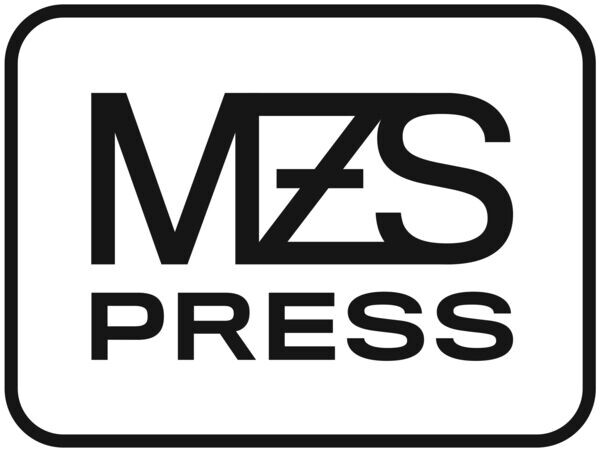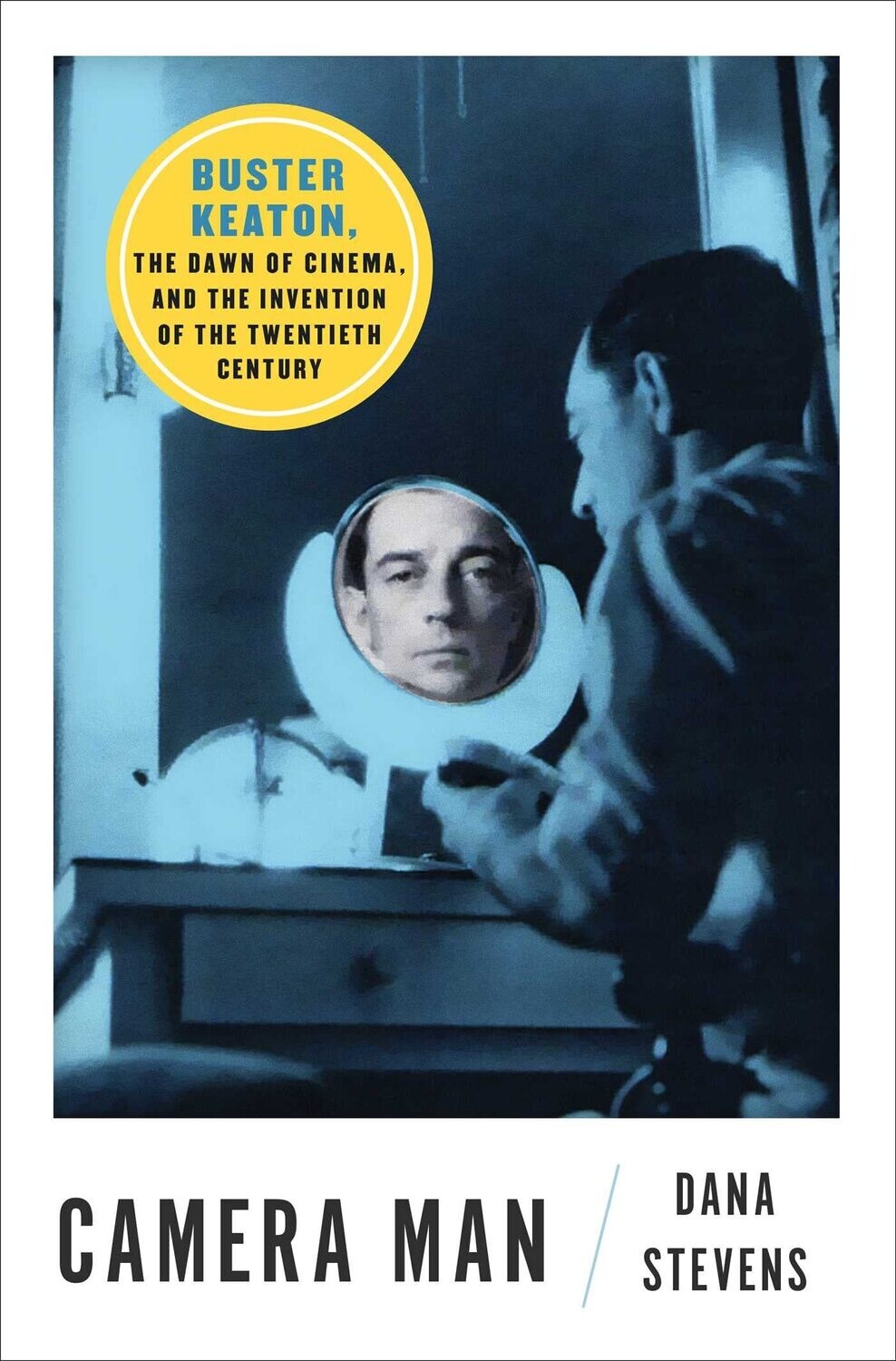

The Arts Bookstore of the Internet
Created by Matt Zoller Seitz
Directed by Judith Carter
“If you only read the books that everyone else is reading, you can only think what everyone else is thinking.”
Haruki Murakami
Photo by Justin Campbell on Unsplash
Camera Man: Buster Keaton, the Dawn of Cinema, and the Invention of the Twentieth Century (Hardcover, NEW)
In this genre-defying work of cultural history, the chief film critic of Slate places comedy legend and acclaimed filmmaker Buster Keaton’s unique creative genius in the context of his time.
Born the same year as the film industry in 1895, Buster Keaton began his career as the child star of a family slapstick act reputed to be the most violent in vaudeville. Beginning in his early twenties, he enjoyed a decade-long stretch as the director, star, stuntman, editor, and all-around mastermind of some of the greatest silent comedies ever made, including Sherlock Jr., The General, and The Cameraman.
Even through his dark middle years as a severely depressed alcoholic finding work on the margins of show business, Keaton’s life had a way of reflecting the changes going on in the world around him. He found success in three different mediums at their creative peak: first vaudeville, then silent film, and finally the experimental early years of television. Over the course of his action-packed seventy years on earth, his life trajectory intersected with those of such influential figures as the escape artist Harry Houdini, the pioneering Black stage comedian Bert Williams, the television legend Lucille Ball, and literary innovators like F. Scott Fitzgerald and Samuel Beckett.
In Camera Man, film critic Dana Stevens pulls the lens out from Keaton’s life and work to look at concurrent developments in entertainment, journalism, law, technology, the political and social status of women, and the popular understanding of addiction. With erudition and sparkling humor, Stevens hopscotches among disciplines to bring us up to the present day, when Keaton’s breathtaking (and sometimes life-threatening) stunts remain more popular than ever as they circulate on the internet in the form of viral gifs. Far more than a biography or a work of film history, Camera Man is a wide-ranging meditation on modernity that paints a complex portrait of a one-of-a-kind artist.
Review
"This book is as dazzling as a silent movie flickering before you in a dark room. Stevens has managed the rare feat -- conjuring a life in all its specific detail while placing it in a modern context so that it becomes newly vital. Buster Keaton leaps off the page.” —RACHEL SYME, staff writer, The New Yorker
“In her brightly written and incredibly well-researched book, Dana Stevens celebrates the enduring filmic presence of Buster Keaton—"The Great Stone Face"—even while transforming him into a guidepost and compass from which to survey the spectacular rise of American popular culture in the modern era. Camera Man offers a unique kaleidoscope of cultural history, film criticism, and fascinating stories and anecdotes, filtered through Stevens’ distinctly modern sensibility and held together, in the end, by the slight but mesmerizing figure of Keaton himself.” —JAMES SANDERS, author of Celluloid Skyline: New York and the Movies and co-writer of the award-winning PBS series New York: A Documentary Film
"The world has been waiting for a Buster Keaton chronicler like Dana Stevens, who unfolds the great man’s archetypal American life with uncommon wit and grace. But Camera Man offers so much more than biography, revealing its subject as the embodiment, and the instigator, of a turbulent century’s transformations. Vaudeville and Hollywood, disruptive technologies and shifting mores, the complications of race and class and gender, the collisions of art and commerce—Stevens packs it all into an electric, genre-busting book that tosses up new ideas, arguments, and aperçus on every page. It’s a literary highwire act in the spirit of Buster’s famous cinematic set-pieces: a stunt with soul.” —JODY ROSEN, author of Two Wheels Good: The History and Mystery of the Bicycle
"Buster didn't talk, but luckily Dana Stevens is here to tell us how the Great Stone Face invented a new film language. This rollicking read vivifies the era of innovation and upheaval that shaped the artist who shaped cinema for the next century and counting.” —AMY NICHOLSON, author of Tom Cruise: Anatomy of an Actor and the forthcoming Extra Girls
- Publisher : Atria Books (January 25, 2022)
- Language : English
- Hardcover : 432 pages
- ISBN-13 : 978-1501134197
- Item Weight : 1.25 pounds
- Dimensions : 6 x 1.4 x 9 inches
All copies are new.
About Our Store
MZS.Press is the online arts bookstore founded by author, critic, and filmmaker Matt Zoller Seitz and Directed by Judith Carter. It offers new, used, signed, collectible, and rare books on film, TV, music, photography, and the visual arts. The store was launched in 2019 on a different platform and has expanded to incorporate arts books published by MZSPress's private imprint: titles currently include Seitz's The Deadwood Bible: A Lie Agreed Upon and Dreams of Deadwood, about the HBO Western, and Walter Chaw's A Walter Hill Film.
Our deepest wish is to promote, encourage, and distribute work by small presses, academic presses, and individuals. Extraordinary work tends to get swallowed up on giant platforms like Amazon and Barnes & Noble. The titles featured here are personally selected by a group of curators and advisors, including Seitz and an array of critics, artists, journalists, educators, publishers, and arts mavens who are known for their ability to suss out what Seitz's jazz musician dad liked to call "the good sh*t."
In Honor of the greatest auteur of our time, Judith is using one of her favorite quotes by him.
"Every day, once a day, give yourself a present"
David Lynch (January 20, 1946-January 15, 2025)

About the Partners

Matt Zoller Seitz
Critic, Author, Filmmaker, MZS Press Creator
Matt Zoller Seitz is the Editor at Large and film critic of RogerEbert.com; Features Writer for New York Magazine and Vulture.com, Contributing Writer for D Magazine and Texas Highways as well as finalist for the Pulitzer Prize in criticism. His writing on film and TV has appeared in Sight and Sound, The New York Times, Salon.com, The New Republic and Rolling Stone. Seitz is the founder and original editor of the influential film blog The House Next Door, now a part of Slant Magazine.
Seitz has written, narrated, edited or produced over a hundred hours’ worth of video essays about cinema history and style for The Museum of the Moving Image, Salon.com and Vulture, among other outlets such as Texas Highways and AARP. His five-part 2009 video essay Wes Anderson: The Substance of Style was spun off into the hardcover book The Wes Anderson Collection. This book and its follow-up, The Wes Anderson Collection: Grand Budapest Hotel were New York Times bestsellers.
Other Seitz books include the New York Times bestsellers The Sopranos Sessions and Mad Men Carousel; TV (The Book), The Deadwood Bible: A Lie Agreed Upon, The Wes Anderson Collection: The French Dispatch and the new The Wes Anderson Collection: Asteroid City. He is also an interviewer, moderator, and film programmer who has curated and hosted film and TV presentations for the Museum of the Moving Image, IFC Center, San Francisco's Roxie Cinema, and other venues. In October 2024 he brought the legendary filmmaker Oliver Stone back to Dallas for a historic return to the city and the Texas Theatre, considered the biggest film event of Dallas in 2024 by Dallas Observer!
Judith Carter was in the Upscale and Luxury Hospitality Industry for most of her life. In 2004 she had a beautiful baby boy with Special Needs and put the pause on her career until 2017 to dedicate herself to him and then others, assisting and volunteering as a legal advocate ensuring the best medical care, evaluations and educations for Special Needs children and their families.
Matt and Judith were family friends for over 20 years. She was there with her family in support when his wife Jen passed away suddenly in 2006. Then just 6 weeks later while Matt was in Dallas; he and his Father, Dave, and Step-Mother, Genie, were there as support, when Judith was alone and her son received the first of many diagnoses that changed the trajectory of their lives. So it made sense in the turbulent year of 2020, Matt asked Judith to take over running the online store that has become MZS.press. The rest as they say is, "Their"-story.
